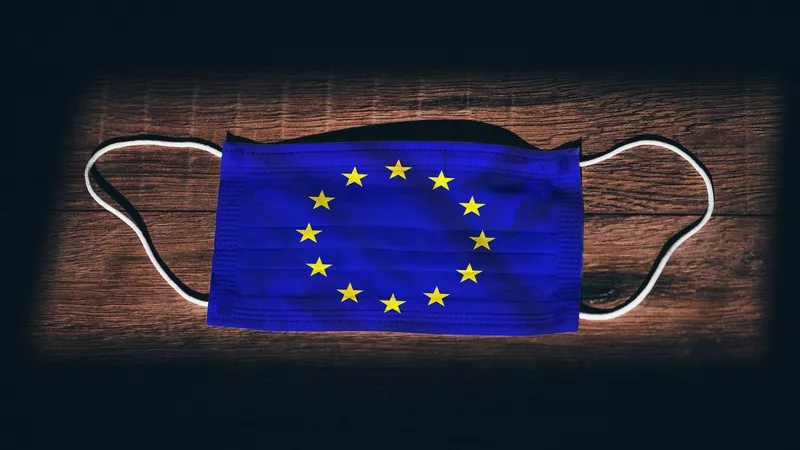The European Commission, the Innovation and Networks Executive Agency (INEA) and beneficiaries from the C-ROADS have agreed to support seven C-ROADS Cooperative Intelligent Transport Systems, C-ITS) projects with a combined US$58.4 million (€55 million) grant from the EU. This will implement C-ITS services in eight countries (Austria, Belgium, the Czech Republic, Germany, France, the Netherlands, Slovenia and the UK).
The projects are part of those supported by the EU under the Connecting Europe Facili
December 13, 2016
Read time: 2 mins
The European Commission, the Innovation and Networks Executive Agency (INEA) and beneficiaries from the C-ROADS have agreed to support seven C-ROADS Cooperative Intelligent Transport Systems, C-ITS) projects with a combined US$58.4 million (€55 million) grant from the EU. This will implement C-ITS services in eight countries (Austria, Belgium, the Czech Republic, Germany, France, the Netherlands, Slovenia and the UK).
The projects are part of those supported by the EU under the Connecting Europe Facility (CEF) for Transport instrument and were selected under the 2015 CEF Transport calls, which made US$8 billion (€7.6 billion) available to finance projects to improve European transport infrastructure, promote transport safety, develop intelligent transport systems and mitigate the environmental impact of the sector.
The C-ROADS projects will install C-ITS equipment in various locations throughout the EU, with pilot schemes designed to test the solutions in different operating environments. Moreover, C-ROADS partners will cooperate with each other to identify common specifications (communication, security, etc.) to ensure interoperability of C-ITS services. By making cross-border C-ITS services a reality, the C-ROADS platform is building the foundations for connected vehicles in the European Union.
The projects are part of those supported by the EU under the Connecting Europe Facility (CEF) for Transport instrument and were selected under the 2015 CEF Transport calls, which made US$8 billion (€7.6 billion) available to finance projects to improve European transport infrastructure, promote transport safety, develop intelligent transport systems and mitigate the environmental impact of the sector.
The C-ROADS projects will install C-ITS equipment in various locations throughout the EU, with pilot schemes designed to test the solutions in different operating environments. Moreover, C-ROADS partners will cooperate with each other to identify common specifications (communication, security, etc.) to ensure interoperability of C-ITS services. By making cross-border C-ITS services a reality, the C-ROADS platform is building the foundations for connected vehicles in the European Union.









